The politics of Iran’s alleged plot against Donald Trump
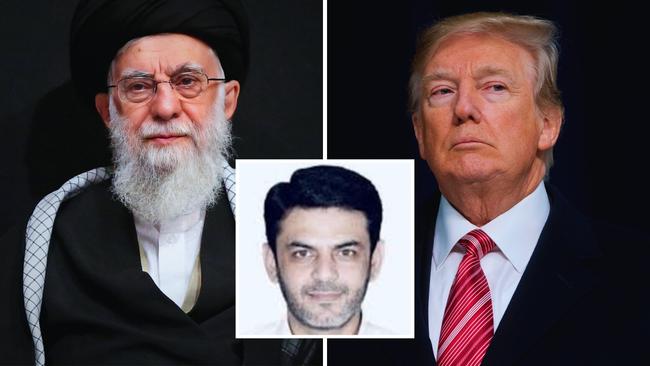
Last week, federal prosecutors charged Asif Raza Merchant, a 46-year-old Pakistani, with murder for hire in connection with an alleged scheme targeting U.S. officials, likely including Mr. Trump, according to press reports. According to the prosecutors, Mr. Merchant paid $5,000 to undercover federal agents he believed were contract killers, reportedly telling the agents that he wanted to kill “a politician or government official.”
At first glance, this plot fits a decadeslong pattern of Pakistani zealots attacking American targets — among them 1993 World Trade Center bomber Ramzi Yousef, 9/11 mastermind Khalid Sheikh Mohammed and would-be Times Square bomber Faisal Shahzad. But a closer look reveals a unique element to Mr. Merchant’s machinations: Iran’s baneful influence.
Mr Merchant, a former banker from Karachi, appears to be an Iranian agent who sought to avenge the 2020 killing of Gen. Qassem Soleimani, a leader of the Islamic Revolutionary Guard Corps. Federal Bureau of Investigation director Christopher Wray called the plot “straight out of the Iranian playbook.”
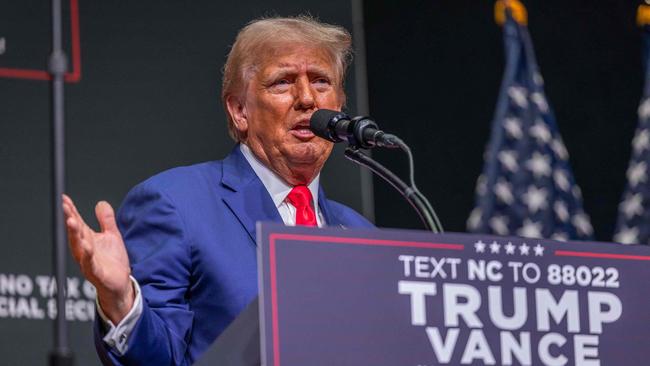
By now Iran’s destructive influence in the Middle East is well-documented. “Iran had a revolution,” says Daniel Pipes of the Middle East Forum, a Philadelphia think tank, in a phone interview. “Its leadership seeks radical change to their whole region.”
According to a 2023 Wilson Center report, the Islamic Republic arms, trains and funds militias and political movements in Bahrain, Iraq, Lebanon, the Palestinian territories, Syria and Yemen. These include Hezbollah, Hamas and the Houthis.
But Iran’s penchant for troublemaking isn’t confined to the Middle East. Mr Pipes notes that the country has maintained its revolutionary fervour under Ayatollah Ali Khamenei, who has been supreme leader since 1989. In the 45 years since his predecessor, Ayatollah Ruhollah Khomeini, overthrew the shah, Iran has been implicated in terrorist attacks and fomenting domestic unrest in far-flung places like Argentina, Nigeria, Thailand and the republic of Georgia.
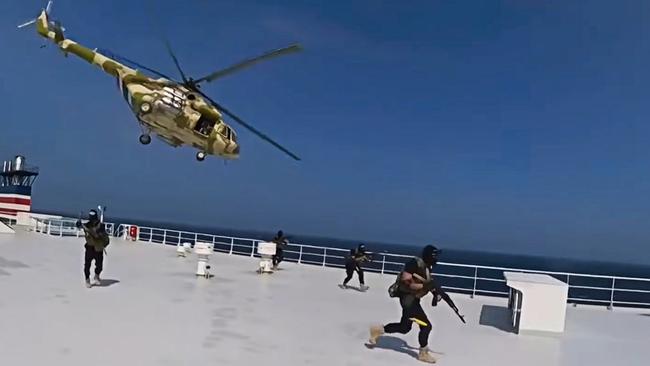
In South Asia, Tehran has mostly focused on its eastern neighbours, Pakistan and Afghanistan. In both countries, Iran starts with natural advantages. They have long regarded Persian culture as prestigious. Persian was the court language of the Indian subcontinent’s Mughal Empire, and Urdu poetry is often larded with Persian loan words. In 2022 the U.S. State Department estimated that roughly 15% to 20% of Pakistanis and 7% of Afghans were Shiites, Iran’s predominant strain of Islam.
Both the 1979 Iranian revolution and the 1977 military coup by Sunni Gen. Zia ul-Haq galvanised the Shiite minority in Pakistan. In the 1980s, Pakistani Shiites mobilised aggressively to safeguard their religion from what many saw as Zia’s quest to turn the country into an orthodox Sunni state. Some Sunnis felt threatened by what they saw as a new Shiite assertiveness. Princeton scholar Muhammad Qasim Zaman noted in a 1998 essay that no event created “a sense of greater urgency among radical Sunnis to combat Shi’ism than the Iranian revolution.”
Between the early 1980s and the mid-1990s rival Sunni and Shiite militias in Pakistan regularly murdered each other’s leaders and cadres. More recently Iran has recruited Pakistani Shiites to fight for Bashar al-Assad in Syria in the Islamic Revolutionary Guard Corps-backed Zaynabiyoun Brigade. The Islamic Republic also established the Fatemiyoun Division in Syria, drawn largely from Shiite Afghan refugees in Iran and Afghanistan’s Hazara Shiite minority. The Pakistani-manned Zaynabiyoun Brigade may have had as many as 5,000 fighters at its peak, and the U.S. Institute for Peace estimates that between 2013 and 2019 as many as 50,000 Afghans fought in the Fatemiyoun Division. The U.S. Treasury has designated both outfits as terrorist groups since 2019.
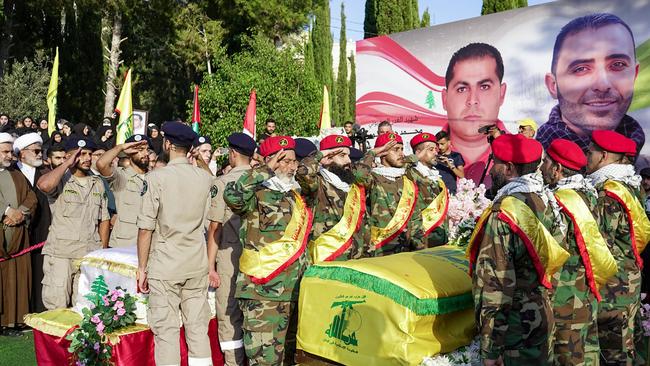
Nonetheless, Iran clearly has less influence in South Asia than in the Middle East. There is no South Asian equivalent of Hezbollah, a group Georgetown University terrorism scholar Daniel Byman, in a phone interview, calls “the most powerful actor in Lebanon.” Nor have the Iranians been able to prop up an equivalent of Yemen’s Houthis, let alone exert anything like the influence they do in Iraq.
Part of the explanation is demographic. Iraq has a Shiite majority and Lebanon has a Shiite plurality (along with a substantial Christian population). In Pakistan, Shiites are a much smaller minority with waning influence. According to a 2005 International Crisis Group report, more than 70% of victims of sectarian violence in Pakistan were Shiites. Shiites also struggle to reach the top ranks of the Pakistani army. Earlier this year Pakistan proscribed the Zaynabiyoun Brigade as a terrorist group. In Pakistan and Afghanistan, ruled by the Sunni extremist Taliban, the Shiite Hazara are a persecuted minority.
Mr Byman points out that Iran usually makes inroads into countries with weak governments, and cultivates sub-national or regional assets. For Pakistanis and Afghans, it’s a reminder that the ayatollahs won’t limit their meddling to the Middle East.

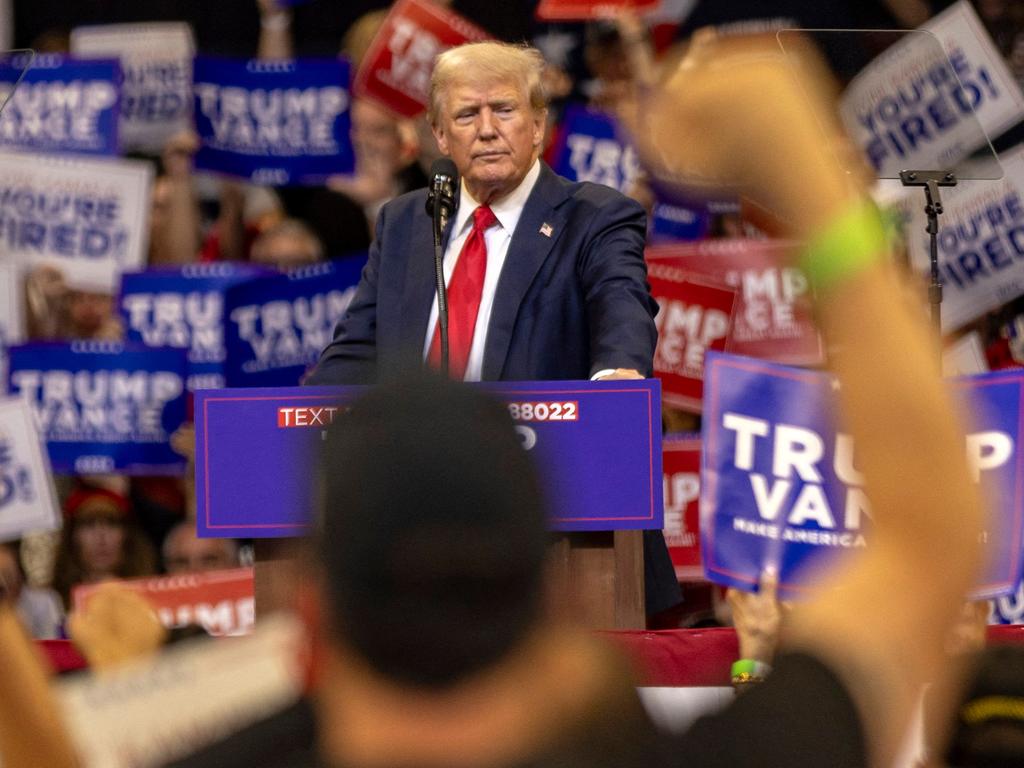
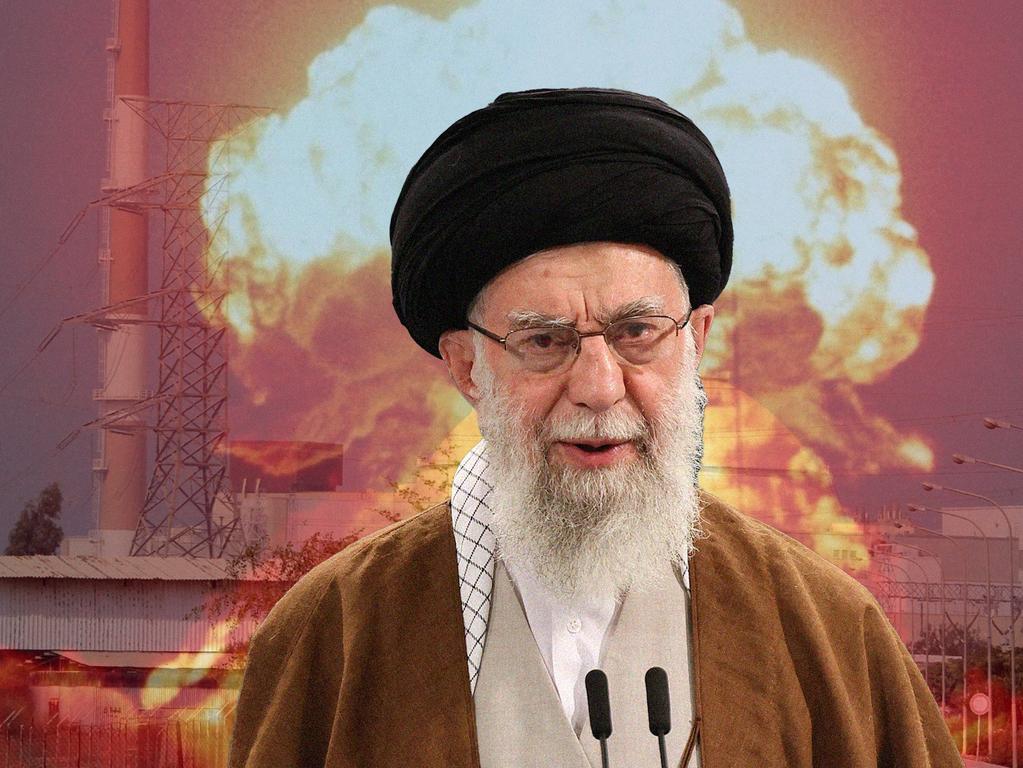

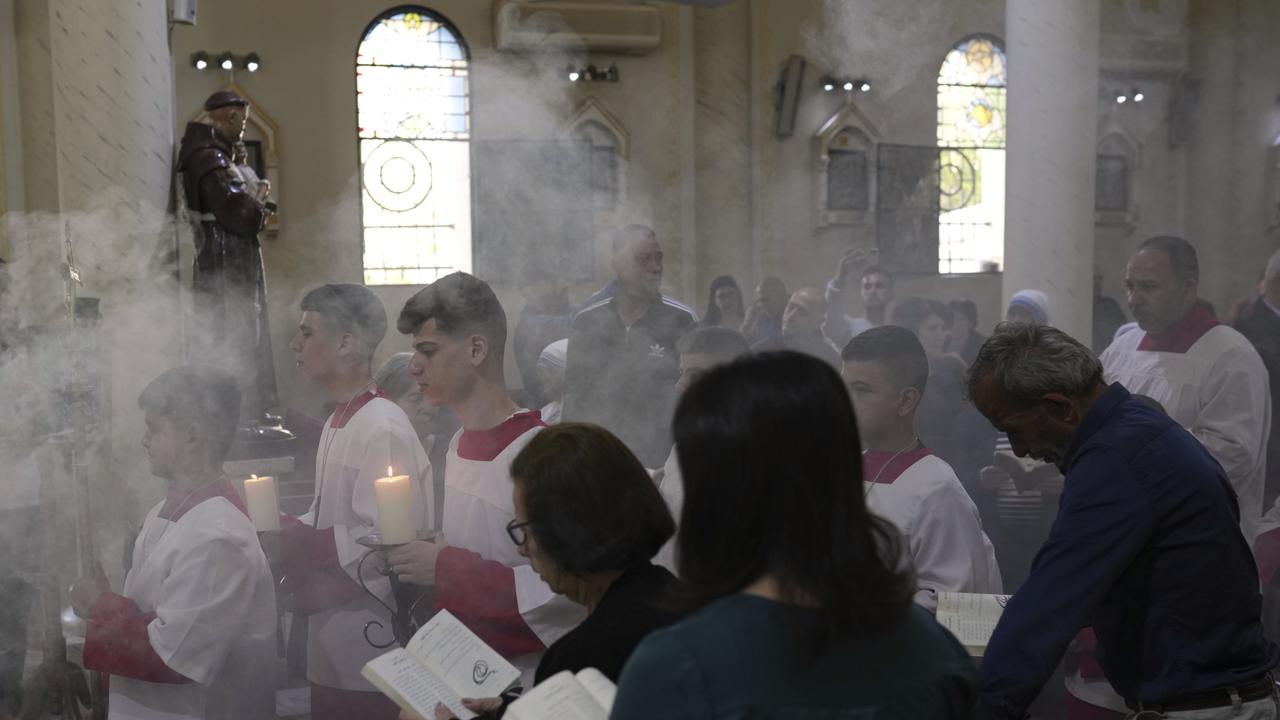
Since the assassination attempt on Donald Trump last month, another plot against the former president has largely slipped under the radar — one that highlights Iran’s destabilising influence in South Asia.